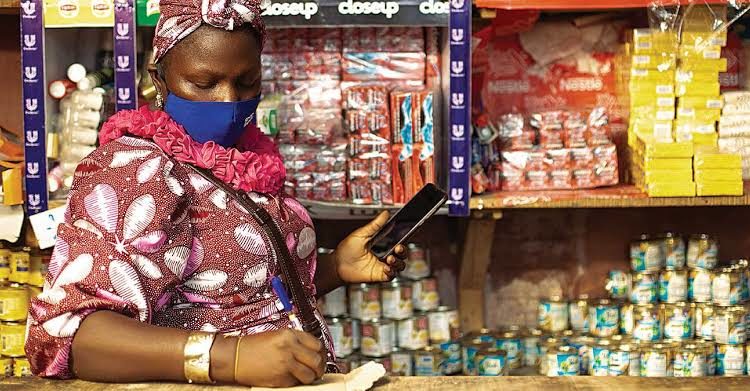More than 600,000 small shops and open-air markets dominate the retail landscape in Nigeria, accounting for 97 per cent of national sales of food, beverages, and personal care products.
This was contained in a report released by Boston Consulting Group (BCG).
The report stated that this is despite the many imposing challenges traditional retail face in Africa, including the expansion of modern retail, the nascent rise of e-commerce, and changes in consumer behaviour that were accelerated by the COVID-19 pandemic.
The report noted that, ‘The Future of Traditional Retail in Africa’ revealed that despite the advance in supermarkets, convenience stores, and other modern formats, African consumers on average continue to buy more than 70 per cent of their food, beverages, and personal care products from the continent’s more than 2.5 million small, independent shops.
In BCG’s study of more than 4,500 small retailers in five of the biggest African markets: Egypt, Kenya, Morocco, Nigeria, and South Africa, it has become evident that the traditional retail sector will remain at the core of African commerce in all but a handful of nations, such as South Africa, and that there is strong momentum for change in the traditional retail experience.
The managing partner in BCG Nigeria, and co-author of the report, Stefano Niavas said: “the willingness of traditional retailers to diversify, and embrace digital solutions coupled with the growing interest of investors to provide digital solutions show they will find opportunities to grow and remain the cornerstones of African economies in the future.”
The report noted that modern retail remains very fragmented and is led by international hypermarket brands, saying, modern chains are struggling to expand due to currency devaluation, underdeveloped and inefficient transportation infrastructure, poor logistics capabilities, inadequate electrical power and other complex challenges.
Niavas added that, “based on our analysis, many small retailers are already aware of the evolving retail landscape and are ready to improve their business premises, quality of products and expand across the country.”
According to the report, based on current trends, the modern retail sector in Nigeria, even though it is growing fast is likely to remain small, and still may not account for more than five per cent of retail sales by 2030.
He also noted that given the central role that traditional shops will continue to play in Africa’s retail landscape, there will be a number of opportunities for various players in the ecosystem as the environment evolves, saying, investment funds can find opportunities to provide capital and management expertise that will enable local modern retail chains to scale up in new cities.
“An active start-up ecosystem is interested in providing digital solutions that will solidify the role of traditional retail in Africa and enable the sector to become the commercial interface across the continent.
“Digital solutions can help manufacturers of fast-moving consumer foods improve their control over go-to-market strategies and provide data to better understand retailers. Banks and telecom providers can achieve growth by developing new business models and offers that are adapted to traditional retailers’ needs,” he said.
Boston Consulting Group partners with leaders in business and society to tackle their most important challenges and capture their greatest opportunities. BCG was the pioneer in business strategy when it was founded in 1963.





